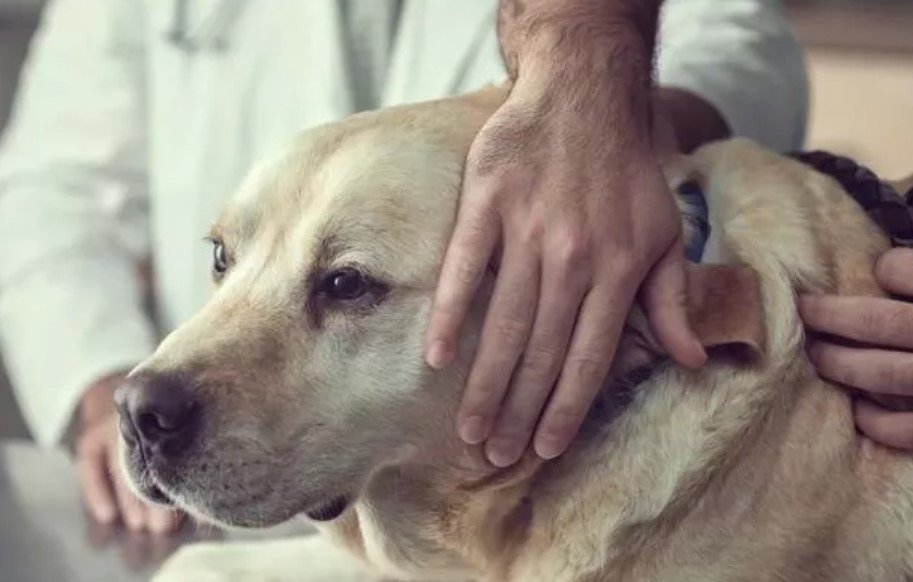A rare bacterial infection that is usually found in dogs has been detected in three people in the UK, raising concerns about the potential spread of the disease among canines and humans.
What is Brucella canis and how does it affect dogs and humans?
Brucella canis is a type of bacteria that can cause brucellosis, a disease that affects the reproductive system and other organs of dogs. It can lead to infertility, abortion, stillbirth, and chronic pain in dogs. The bacteria can be transmitted through contact with bodily fluids, such as blood, urine, saliva, and semen, of infected dogs. It can also be passed from mother to puppies during pregnancy or nursing.

Humans can also get infected with Brucella canis if they come into contact with infected dogs or their fluids. The symptoms of human brucellosis may include fever, headache, muscle pain, fatigue, and swollen lymph nodes. In some cases, the infection can cause serious complications, such as endocarditis (inflammation of the heart valves), arthritis (inflammation of the joints), meningitis (inflammation of the membranes around the brain and spinal cord), and Guillain-Barré syndrome (a rare disorder that affects the nerves).
Human brucellosis is usually treated with antibiotics, but it may take several weeks or months to clear the infection. There is no vaccine available for humans or dogs to prevent brucellosis.
How did the infection spread to the UK and who is at risk?
According to a report by the Human Animal Infections and Risk Surveillance (HAIRS) group, a cross-government body that monitors zoonotic diseases (diseases that can be transmitted from animals to humans), Brucella canis was previously only seen in dogs imported into the UK from countries where the disease is endemic, such as Romania. However, since 2020, the infection has been spreading among local dogs in the UK, likely due to breeding in kennels that involved contact or mating with imported dogs or their offspring.
The report also stated that as of July 2023, two laboratory-confirmed cases of human infection with Brucella canis have been identified in the UK. One case was diagnosed after presenting at a hospital with symptoms suggestive of brucellosis. The other case had no clinical symptoms but worked at a veterinary practice and was detected through the follow-up of individuals exposed to positive dogs. In both incidents, the implicated dogs were not known to be infected at the time of human exposure but later tested positive for Brucella canis.
The report assessed that the risk of transmission of Brucella canis to the general population in the UK is very low, as human-to-human transmission is unlikely and most people have limited contact with dogs or their fluids. However, certain groups may have a higher risk of exposure, such as dog breeders, veterinarians, veterinary staff, dog owners, and people who handle or adopt imported dogs.
What are the measures being taken to prevent further spread of the infection?
The report recommended that measures should be taken to prevent further introduction and spread of Brucella canis among dogs and humans in the UK. These include:
- Screening dogs for Brucella canis before importing them into the UK
- Testing dogs for Brucella canis if they show signs of infection or have a history of contact with imported dogs
- Isolating and treating infected dogs or euthanizing them if treatment is not feasible
- Reporting cases of canine or human brucellosis to public health authorities
- Educating dog owners and breeders about the signs and risks of brucellosis
- Advising people who work with or handle dogs to wear protective gloves and clothing and wash their hands thoroughly after contact
- Seeking medical attention if symptoms of brucellosis develop after exposure to dogs or their fluids
The report also urged further research on the epidemiology and transmission dynamics of Brucella canis in dogs and humans in the UK.
